Chinese skilled laborers look beyond the seas
By Zhang Yuchen in Shandong ( China Daily ) Updated: 2013-12-16 10:14:16
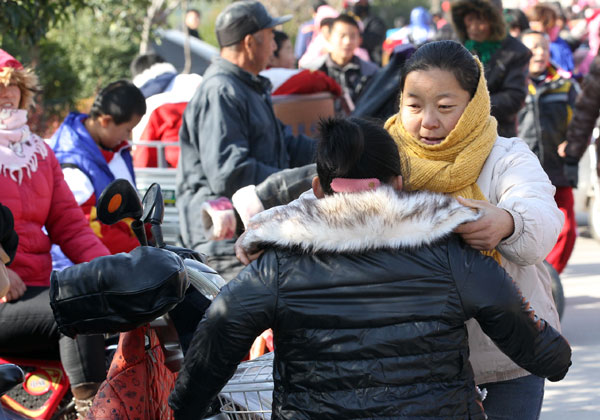 |
|
Li Guilan has just returned to Xiaoli after a 12-month visit to Australia, where she looked after her newborn grandson. In 2007, Li's son moved to Perth to work as a welder. [Zhang Wei / China Daily] |
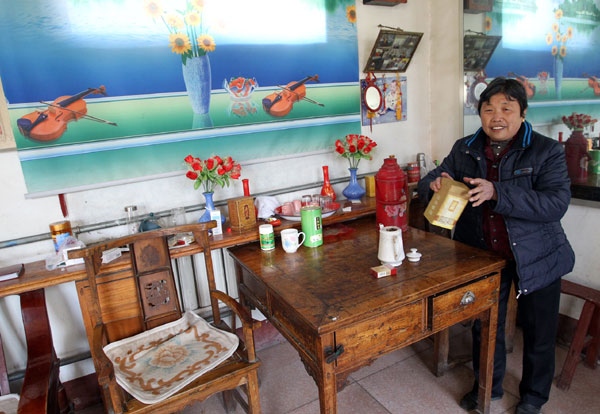 |
|
Pupils at Xiaolizhuang primary school in Xiaoli are collected by their grandparents. Many of the childrens' parents live and work overseas. [Zhang Wei / China Daily] |
Moving down under
In 2005, Yin paid an agency 120,000 yuan ($20,000) to deal with all the matters arising from his visa application. By 2007, when the last batch of skilled youngsters left Xiaoli and set off overseas, the agent's fee had risen to 150,000 yuan.
The Australian government recently reached an agreement with China to regulate agents dealing with visa applications for skilled blue-collar workers. A detailed list of agents and the issues in which they will be allowed to intervene will be finalized in the near future.
Most skilled Chinese workers in Australia live in the west of the country and earn an average A$800 ($716) per week. However, their lifestyles are not much different from when they lived in China; they generally keep to themselves, eat Chinese food and watch satellite TV channels to maintain contact with their home country.
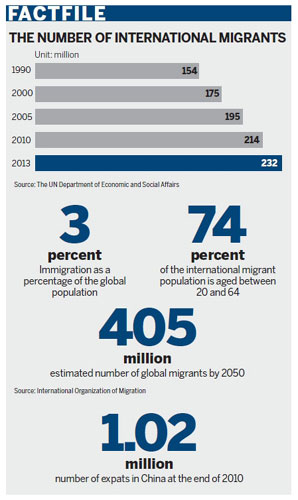
"On the whole, skilled migrants live safely in good conditions. The exceptions are those working in unstable countries or countries affected by natural disasters, but their employers usually insure them well," said Koser.
Under the "10-pound Poms" policy inaugurated after World War II, Australia offered assisted passages to around 1 million British immigrants who were willing to move and help reduce the labor shortage in the "Lucky Country". However, the most recent flow of international immigration has seen prosperous Chinatowns springing up across the world in the past decade or so.
Li Guilan's son Wang Qingkui moved to Australia in 2007. Like Yin before him, Wang is a welder and lives in Perth. Li said her son has plenty of Chinese neighbors, but they don't mix much and there's no indication of a cohesive Chinese community in the city.
"We didn't talk too much," said Li, 60, who had just returned to her hometown of Chuzhuang in Xiaoli after a 12-month visit to take care of her newborn grandson, an Australian citizen by birth. "However, the locals said hello to me. I couldn't understand what they said, but I recognized the welcoming smiles on their faces," she said.
Because many countries have amended the bureaucratic obstacles to skilled immigrants gaining entry, the main challenges are now social and cultural and mostly center around quality of life and schools for the children, said Koser.
For Mei Xinyu, those issues mean that modern international migration management will become essential in the years to come, and NGOs will be deeply involved in the process. "Cultural conflicts and risks are unavoidable, but they can be dealt with over the long run," he said.
Li is unsure if her son will stay in Australia permanently. After six years working for a number of employers, Wang has bought a house but is wary of applying for permanent residence because he may wish to return to China later in life.
"With the blue skies and clean air, the environment in Australia is really good - but who really wants to live and work so far from home?" asked Li.
Contact the writer at zhangyuchen@chinadaily.com.cn
|
|
|
|
|
|
|
|
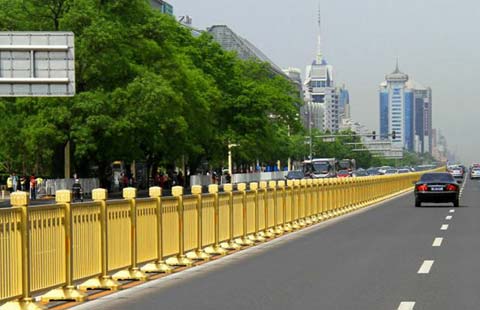
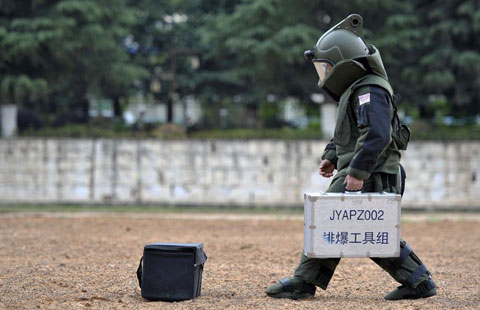

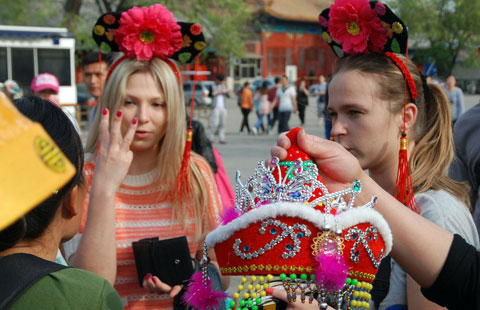

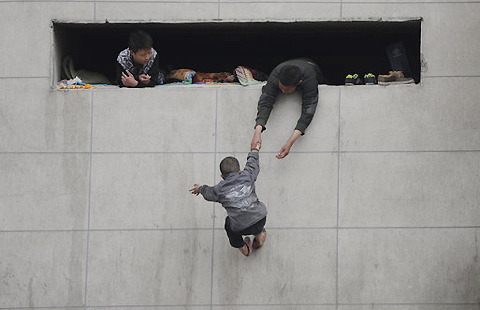
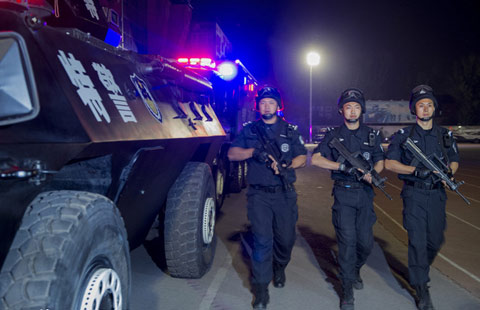

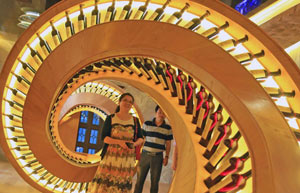
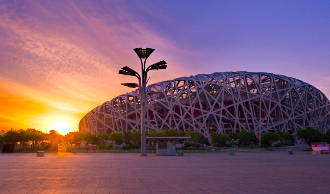
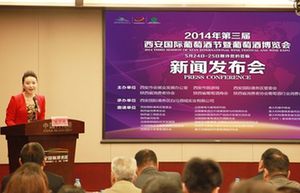







 Op Rana
Op Rana Berlin Fang
Berlin Fang Zhu Yuan
Zhu Yuan Huang Xiangyang
Huang Xiangyang Chen Weihua
Chen Weihua Liu Shinan
Liu Shinan